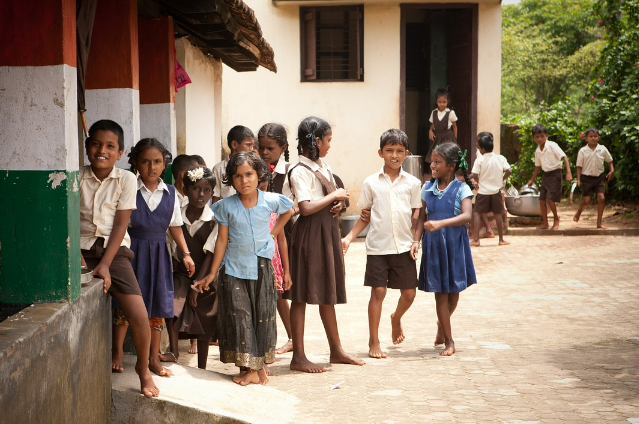
Recently, Project Roshni of Kerala which helps to raise migrant children so that they become sound minded in their lives with prospects of adequate education has now reached it's sixth year.
The migrant workers have persisted for decades and now have become integral to the economic system prevailing in Kerala.
They have benefitted extensively from the state's higher wages and have seriously enforced labor laws. The children of these migrant workers face difficulty in this process of upward mobility and there was great danger in the process of accepting the hereditary occupation.
The various studies that have been conducted by the local administration suggest that even though most migrant children are enrolled in schools but they still suffered drop out due to language barriers and nutrition issues.
The pattern has been reversed due to the efforts of Project Roshni, an initiative by the Ernakulam district administration and education department which aims to ensure primary education for these children up to the secondary level in schools.
Studies have largely pointed out that it was the language barrier that made these students drop out of school. It was also clarified by the Executive Director of the Migration and Inclusive Development Committee. This very committee surveyed problems of migrant workers integration into the mainstream society.
Migrant workers are primarily recruited in areas as 'guest workers'. They don't have the security of tenure. Around 21 lakh are temporary workers and 10 lakh are estimated to be long-term workers.
The Project was supposed to supplement the academics of migrant children which involves a pattern of regional language mixed with the targeted language. The project also aims to promote learning through songs and pictures from their own culture.
The communication gaps of these children are addressed by special language teachers who take classes through multi-mode learning, including audio, video, and language skiing. This initiative has helped students grab proficiency in Malayalam, English, and Hindi.
The project in its sixth year presently is being implemented in 40 schools covering more than 1000 students in government and aided schools.
To ensure that these children don't stay at home or join their parents at their workplace, these schools start one hour early during where they are served breakfast and the special language teachers take multilingual lessons.
The pandemic crises also couldn't stop the initiative. Even though these migrant families went back to their native places, the teachers remained in contact with their parents and hence the learning was not disrupted.
The initiative is so very noble which again testifies to the fact that Kerala has the highest literacy rate in the country. Increased literacy can be used as a multi-pronged weapon targeting several problems in society. The efforts of the project shall continue to extend the benefits to these disadvantaged sections and change the course of their lives in the years to come.
. . .
References:
- m.timesofindia.com
- pehalnews. in
